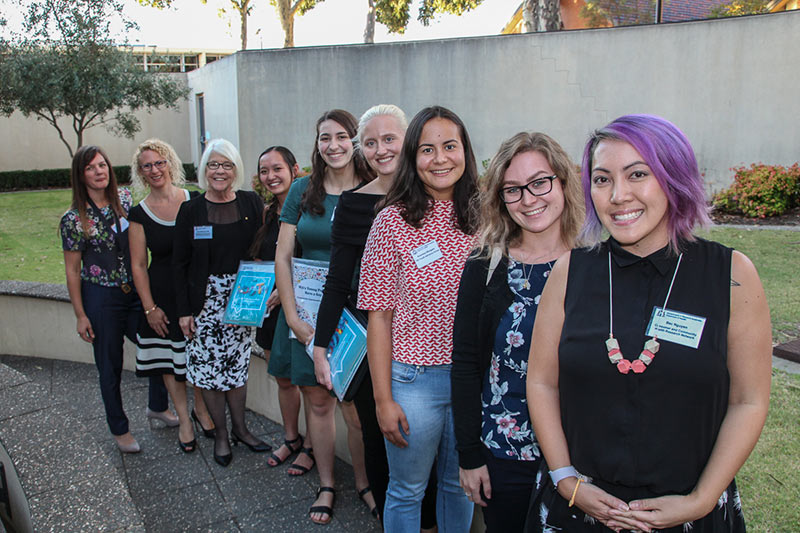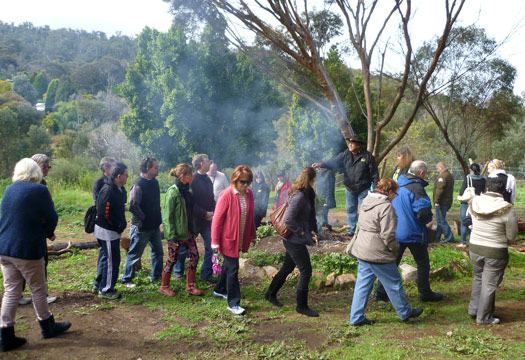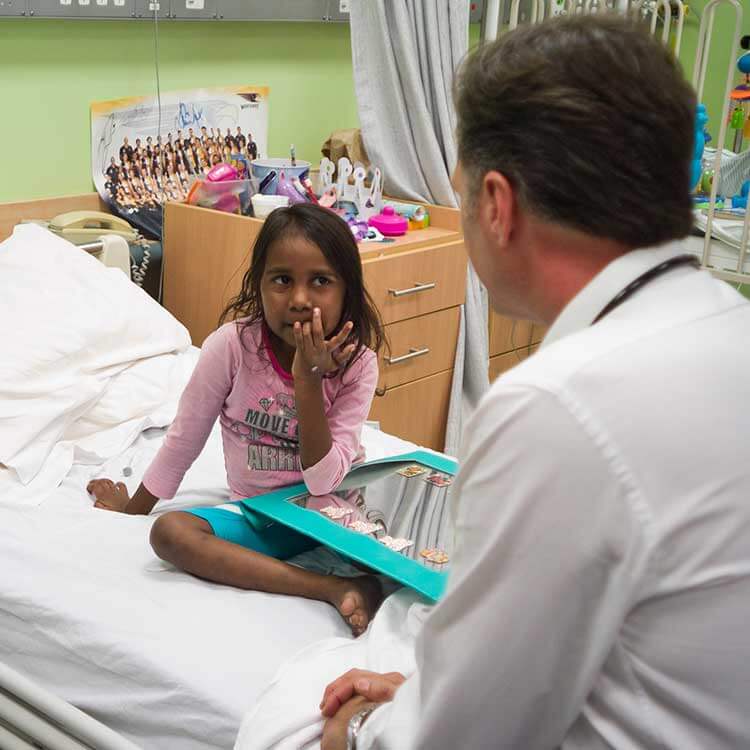Search

News & Events
New lease on life for DartanyonTwo years on, Michelle and Dartanyon’s health and quality of life have significantly improved. We caught up with Michelle to hear about their journey since we first met them.

News & Events
The Kids welcomes new WA youth health policyThe Kids welcomes the launch of WA’s first policy on youth health which will give young people a voice in the planning of health services that affect them.

News & Events
The Kids researcher awarded prestigious EU Horizon 2020 grantProfessor Cate Taylor, is part of an International cohort of researchers to secure over €1.45million in grant funding from the EU’s Horizon 2020 programme.

News & Events
New era for child health research with The Kids Research Institute Australia and Curtin partnership signedThe Kids Research Institute Australia and Curtin University will work together as part of a new agreement focused on enhancing children’s health and medical research in WA.

News & Events
New The Kids Discovery Centre set to educate and inspireA $1.5mill Lotterywest grant presented to The Kids by Health Minister Roger Cook today will go towards a Discovery Centre at the Perth Children's Hospital.

News & Events
The hidden burden of diabetesWhen Jodie and Brad Scott welcomed their fourth child Heath into the world, they were prepared for the many sleepless nights that come with caring for newborns.

News & Events
Elders insight leads to spine-tingling breakthroughDr Michael Wright remembers the 'aha' moment while working with distressed Nyoongar families to identify what was limiting engagement with services.

News & Events
New wheels to drive research in the KimberleyThe Kids Kimberley researchers will now be able to travel to some of the most remote and hard to reach areas of the region, thanks to Centurion.

News & Events
Fundraising star: Chloe (11) Bakes for Autism ResearchChloe recently decided to bake cupcakes to sell to her school friends and teachers and it was all for a cause very close to her heart - autism research.

News & Events
Bold bid to end rheumatic heart diseaseSome of the nation’s leading medical researchers will converge on Darwin this week to step out a plan to wipe out rheumatic heart disease.
